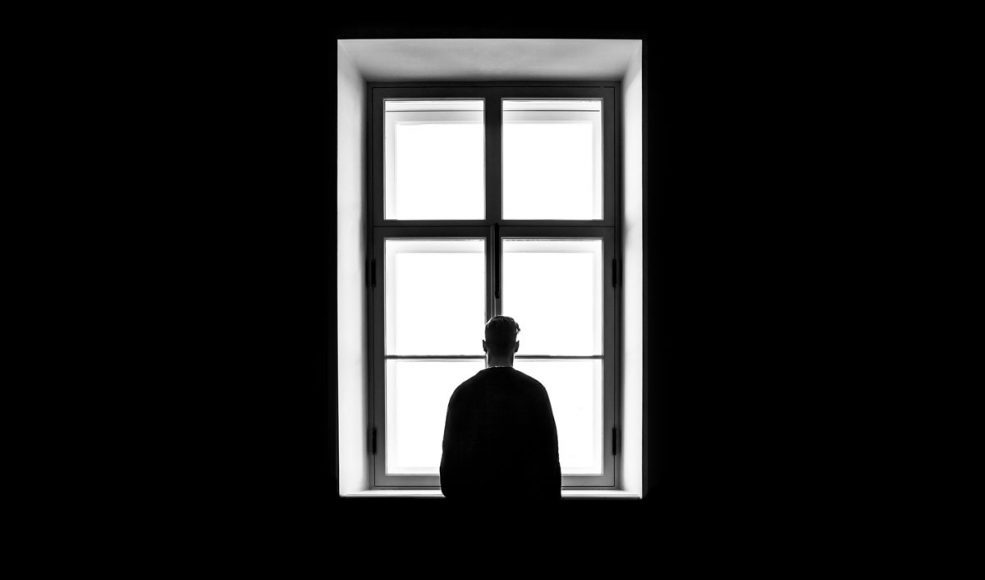Psychedelic trailblazer Timothy Leary once described Dimethyltryptamine, or DMT, as the “nuclear bomb of the psychedelic family.” In Leary’s estimation, this was because its effects went from 0 to 100 real quick, with a force on par with that of a nuclear explosion. The drug also only lasted 20 to 30 minutes, unlike longer lasting psychedelics like LSD or psilocybin mushrooms. But could DMT psychedelic treat anxiety and depression?
But a new study published in The American Journal of Drug and Alcohol Abuse by Johns Hopkins researchers suggest that one strand of DMT could provide a potential breakthrough for its anti-depressive qualities. That strand would be 5-MeO-DMT, which is found naturally in some plant forms as well as in the venom of the Bufo Alvarius toad. Johns Hopkins studied a group of subjects who have experimented with the drug and found reports of “extraordinarily positive improvements in well-being,” reports New Atlas.
RELATED: Magic Mushrooms Could Be Legal Medicine By 2021
An astounding 80 percent o the 362 adults researchers studied found striking improvements in both anxiety and depression. What’s potentially more interesting for researchers it that a majority of the adults (63 percent) had only used 5-MeO-DMT between one to three times. While scientists have studied other psychedelics for its possible clinical benefits, DMT has mostly escaped a similar attention.
“Research has shown that psychedelics given alongside psychotherapy help people with depression and anxiety,” Alan Davis, one of the researchers working on the project told New Atlas. “However, psychedelic sessions usually require 7-8 hours per session because psychedelics typically have a long duration of action. Because 5-MeO-DMT is short-acting and lasts approximately 30-90 minutes, it could be much easier to use as an adjunct to therapy because current therapies usually involve a 60-90 minute session.”
In a landmark moment last year, the FDA fast-tracked research by Compass Pathways on psilocybin, the psychoactive ingredient in magic mushrooms. While Johns Hopkins researchers have previously endorsed psilocybin’s ability to treat anxiety, depression, and addiction, Compass Pathways will focus on the drug’s effects on treatment-resistant depression. By fast-tracking the research, the FDA stating a belief “the drug may demonstrate substantial improvement over available therapy.”
RELATED: How Cannabis Can Help Psychological Adjustment Disorder
However, DMT has a significant way to go before any similar endorsements come regarding its effectiveness in treating anxiety and depression. But early research like that by Johns Hopkins indicates promise.
“It is important to examine the short- and long-term effects of 5-MeO-DMT, which may enhance mood in general or may be particularly mood enhancing for those individuals experiencing clinically significant negative mood,” Davis said. “Regardless, this research is in its infancy and further investigation is warranted in healthy volunteers.”


